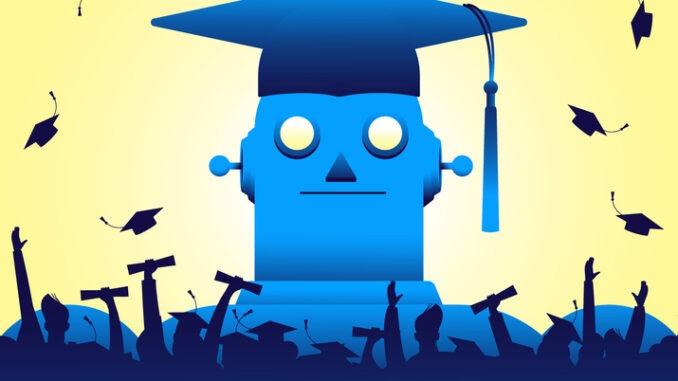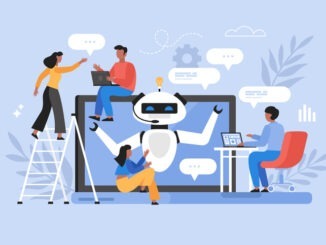
In recent years, the rise of artificial intelligence (AI) has transformed various industries, including education. One such AI tool gaining traction is ChatGPT, with over 100 million users worldwide since its launch in November 2022
CREDIT: This is an edited version of an article that originally appeared on TILE
ChatGPT, a chatbot powered by Natural Language Processing, offers human-like responses to users’ queries and engages in natural conversations. Its versatility extends to tasks like article writing, poem creation, coding, translation, and text summarisation. Students, teachers, and researchers embrace ChatGPT for academic support and personal use, drawn to its efficiency and capabilities.
The growing integration of ChatGPT into education sparks debates among educators. While some view AI tools as the future of teaching and learning, others express concerns about their impact on core skill development. Consequently, several institutions have banned ChatGPT, while others explore its potential to enhance learning outcomes.
Examining the Benefits
ChatGPT presents various opportunities to improve learning and teaching practices:
- Automated essay grading: Research indicates ChatGPT’s potential to automate essay grading, providing timely feedback and freeing educators’ time for other teaching aspects.
- Learning assessment creation: ChatGPT assists in designing assessments aligned with learning objectives, reducing educators’ workload and enhancing question quality.
- Personalised tutoring: By offering personalised feedback and assistance, ChatGPT supports students in homework, assignments, and project tasks, promoting autonomy in learning.
- Interactive learning: Teachers leverage ChatGPT to develop interactive classroom activities, fostering dynamic lessons and student engagement.
Addressing concerns
However, ChatGPT’s use raises significant concerns:
- Academic integrity issues: Unchecked use of ChatGPT may lead to academic misconduct, with students submitting content without proper citation or acknowledgment.
- Learning deficiency concealment: Educators risk overlooking students’ learning gaps, as ChatGPT-generated work may mask deficiencies in understanding.
- Skill development hindrance: Overreliance on ChatGPT can impede the development of critical thinking, problem-solving, and research skills crucial for academic and professional success.
While ChatGPT offers efficiency and convenience, school leaders and teachers must address its challenges to ensure ethical and effective integration into education. Solutions include implementing digital-free assignments, providing AI-based plagiarism detection tools, and educating students on responsible AI use. By proactively addressing concerns and adapting teaching practices, AI’s potential can be harnessed to create engaging and effective learning environments.


Be the first to comment